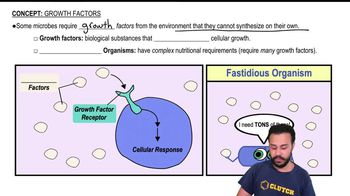Indicate whether each statement is true or false. If the statement is false, change the underlined word or phrase to make the statement true.
________ Cyclosporine is released by degranulating mast cells.
 Verified step by step guidance
Verified step by step guidance



Indicate whether each statement is true or false. If the statement is false, change the underlined word or phrase to make the statement true.
________ Cyclosporine is released by degranulating mast cells.
Identify the type of hypersensitivity reaction in each photo.
<IMAGE>
Indicate whether each statement is true or false. If the statement is false, change the underlined word or phrase to make the statement true.
_____ Type III hypersensitivity reactions may lead to the development of glomerulonephritis.
Farmer’s lung is a hypersensitivity pneumonitis resulting from __________.
a. a type I hypersensitivity reaction to grass pollen
b. a type II hypersensitivity to red cells in the lung
c. a type III hypersensitivity to mold spores
d. a type IV hypersensitivity to bacterial antigens
Indicate whether each statement is true or false. If the statement is false, change the underlined word or phrase to make the statement true.
______ The tuberculin reaction is a type I hypersensitivity.
A positive tuberculin skin test indicates that a patient not immunized against tuberculosis __________.
a. is free of tuberculosis
b. is shedding Mycobacterium
c. has been exposed to tuberculosis antigens
d. is susceptible to tuberculosis
e. is resistant to tuberculosis